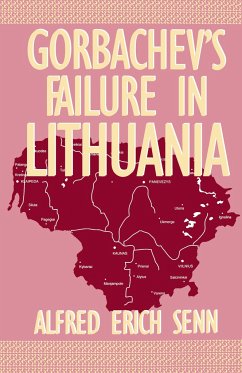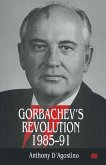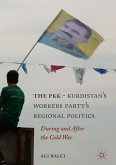The world watched first in fascination, then in horror, and eventually in amazement. From 11 to 14 January 1990, Mikhail Gorbachev went to Lithuania to persuade the leaders of that rebel Soviet republic to remain within the traditional Soviet system; from 11 to 13 January 1991, Soviet troops killed unarmed civilians in Vilnius in an effort to persuade the people of Lithuania to overthrow their leaders; then, in September 1991 Gorbachev, presiding over the collapse of the Soviet Union, recognized Lithuanian independence. It was Lithuania, above all, that demonstrated to the world the empire's bankruptcy. The book takes the reader into the maelstrom of politics in three different capitals during the period 1988-91. In Vilnius Lithuanians surged forward in what they called their 'national rebirth'; in Moscow Gorbachev struggled to maintain his position in a crumbling empire; and in Washington the administration doggedly supported Gorbachev as the foundation of its East European policy. Inthe end the Lithuanians, in a remarkable display of peaceful, non-violent resistance, were the only ones to achieve their ambitions.
Bitte wählen Sie Ihr Anliegen aus.
Rechnungen
Retourenschein anfordern
Bestellstatus
Storno








